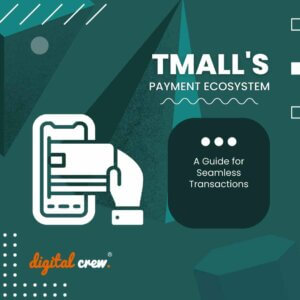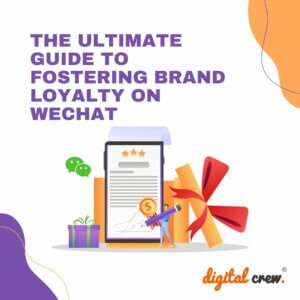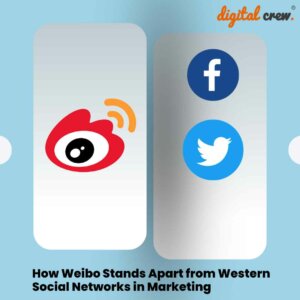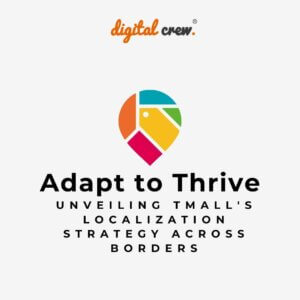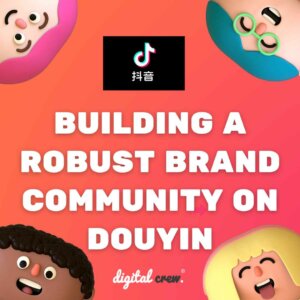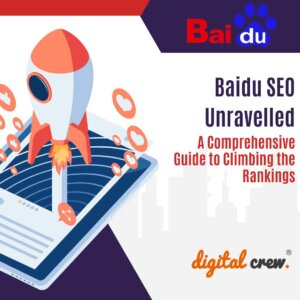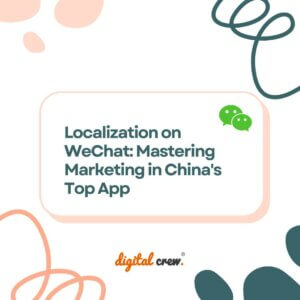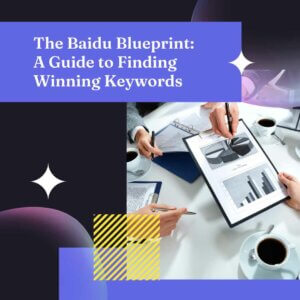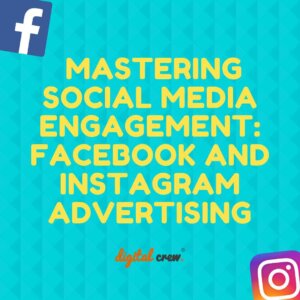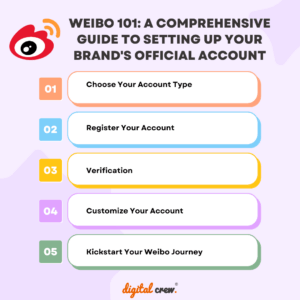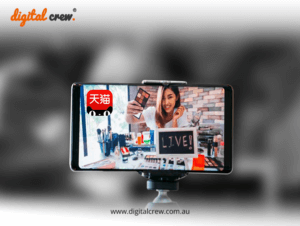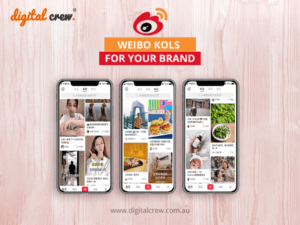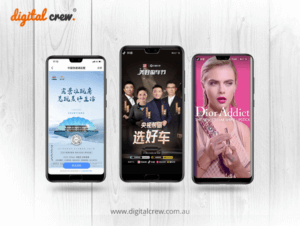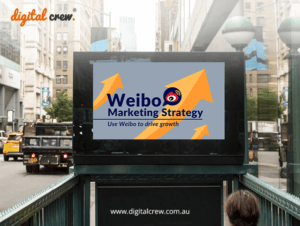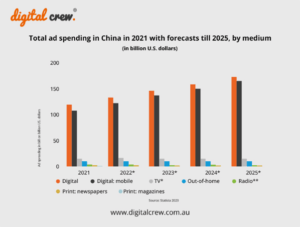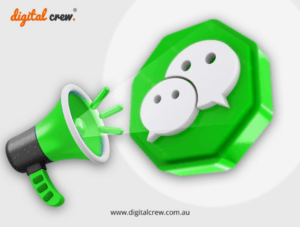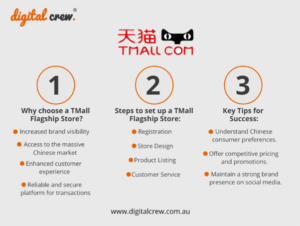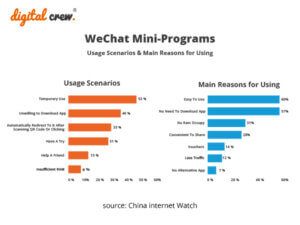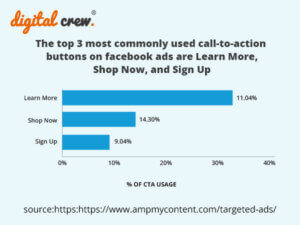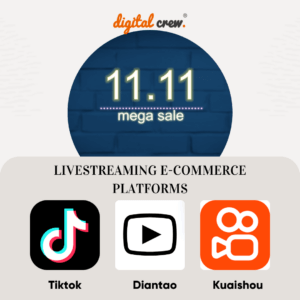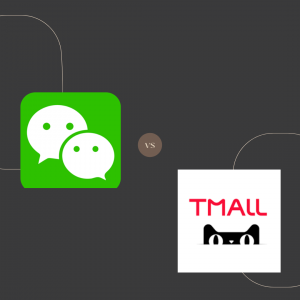Golden Week is big in China – being one of two seven-day holidays provided to workers during the year. Golden Week began in 1999 in an effort to expand domestic tourism and increase local consumption. It starts off on National Day on October 1 each year, in honour of the founding of the People’s Republic of China.
What the Chinese like to do during Golden Week
In China, millions of people use Golden Week as an opportunity to travel domestically and overseas, to visit family members, to enjoy themselves, and to do lots of shopping. Many purchasers are young, energetic, tech-savvy and cashed up – often having saved up substantial funds to buy luxury goods and designer labels such as Chanel, Rolex, Prada, Louis Vuitton, and Burberry. Chinese shoppers tend to know exactly what they want – often having researched beforehand and sought out the best bargains and deals they can find.
As well as goods, many travellers are seeking experiences – such as visits to tourist sites, food, entertainment, different cultures, and of course accommodation. Overseas destinations for travellers include Japan, South Korea, Thailand, the UK, US, Europe and Australia.
Golden Week can provide digital marketers with some great opportunities to target Chinese buyers and to gain loyal followers and build relationships.
How Chinese travellers and buyers do their research
Travel:
In general, Chinese travellers have a preference for online research and making their own bookings and arrangements rather than using travel agents. Examples include Ctrip for domestic tourism, Qunar for both local and overseas travel, and review sites such as Qyer where people share and rate their experiences with others – somewhat like a Chinese version of TripAdvisor. When travelling overseas, Chinese tourists also often prefer to seek out package deals that cater specifically to Chinese needs and tastes.
Social media:
Examples include WeChat and Weibo. WeChat has around 500 million active users and Chinese consumers use it as a major source of information for travel destinations, products and experiences. It provides marketers with an excellent opportunity to gain a loyal following, run targeted marketing campaigns and exclusive promotions and to generate sales. Weibo is a bit like the Chinese equivalent of Twitter. Shoppers use it to research luxury brands, to share travel experiences and to check out reviews.
Keep in mind that when Chinese buyers use these types of platforms they are often looking for bargains and discount deals.
Reviews:
Just like many millennials, young Chinese travellers and buyers like to check out reviews posted by their peers, friends, people they trust, and key opinion leaders (KOLs) – trusted experts hand-picked to share their views and opinions. Businesses are far more likely to get noticed if they get mentions and shares from KOLs, which may be not only individuals but also companies.
Internet word of mouth (IWOM) is big in China. According to research, it is very influential for purchasing decisions, particularly for travel, restaurants, cosmetics, IT, and automobiles.
Golden Week is coming soon, so make sure to get ready! If you need more information or assistance on how to market to Chinese audiences during Golden Week, contact us. We have a highly experienced team with expertise in tailoring your marketing strategy and materials to appeal to Chinese consumers.














